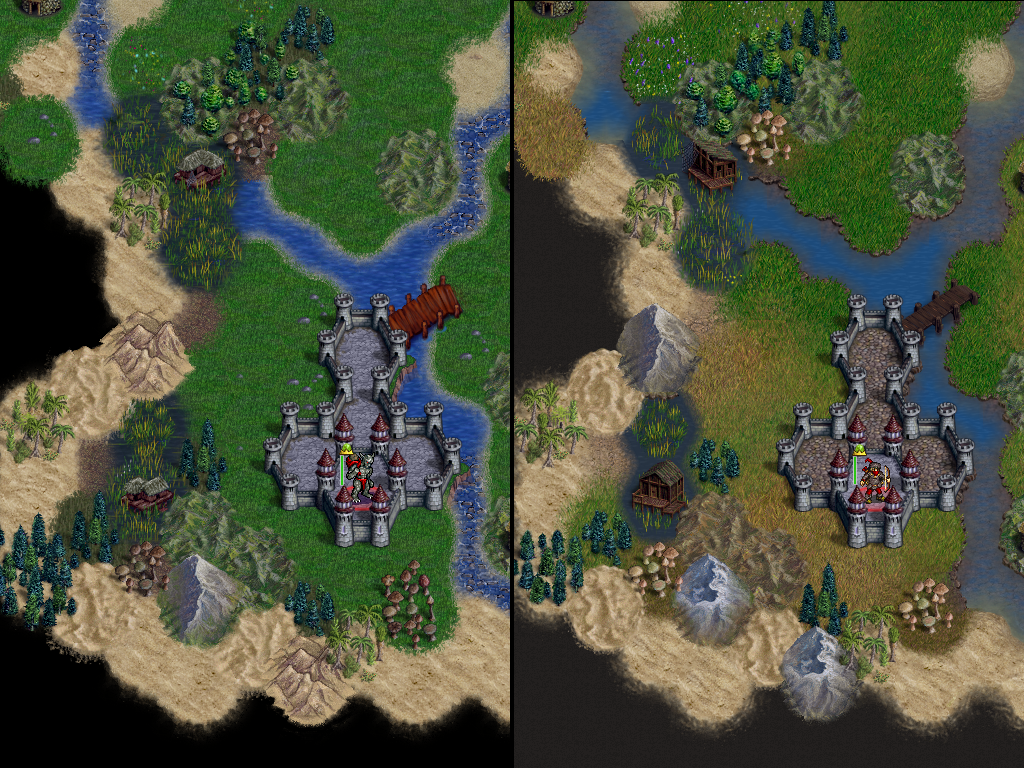
Later experimentsįocus on evolutionary algorithm parameters, including comparing a variety of fitness functions to provide insights into their use. The evolutionary algorithm then recombines strategies with high strength values, using evolutionary operators from the literature such as crossover and mutation.

A fitness function is defined to assign strategies a numerical strength value, along with a second performance metric that is robust to the variance found in the domain. During the evolutionary process, strategies are evaluated in Battle for Wesnoth, an open-source game with a stochastic nature. These strategies are represented as behaviour trees, a formalism found in the video game industry and well-suited to the evolutionary algorithm due to their flexibility and tree structure. This work applies the evolutionaryĬomputing paradigm to a turn-based domain by evolving team strategies.

Therefore AI development is an important research topic, especially as development is considered difficult by the video game industry. In entertainment software, this AI can impact the player’s experiences and enjoyment through elements such as the level of difficulty of the player’s competition. The concept of evolving components of an artificial intelligence (AI) has seen increased interest in recent years as the power and complexity of AI has grown. In order to provide a richer contextualization, the paper also presents learning and planning techniques commonly used in games, both in terms of their theoretical foundations and applications. This paper presents a survey of the multiple methodologies that have been proposed to integrate planning and learning in the context of games. This has led to research on methodologies to combine the strengths of both approaches to derive better solutions. Although representing distinct approaches, planning and learning try to solve similar problems and share some similarities. Planning and learning, two well-known and successful paradigms of artificial intelligence, have greatly contributed to these achievements. From classical board games such as chess, checkers, backgammon and Go, to video games such as Dota 2 and StarCraft II, artificial intelligence research has devised computer programs that can play at the level of a human master and even at a human world champion level. In fact, games have been at the center of some of the most well-known achievements in artificial intelligence. In general, games pose interesting and complex problems for the implementation of intelligent agents and are a popular domain in the study of artificial intelligence.


 0 kommentar(er)
0 kommentar(er)
